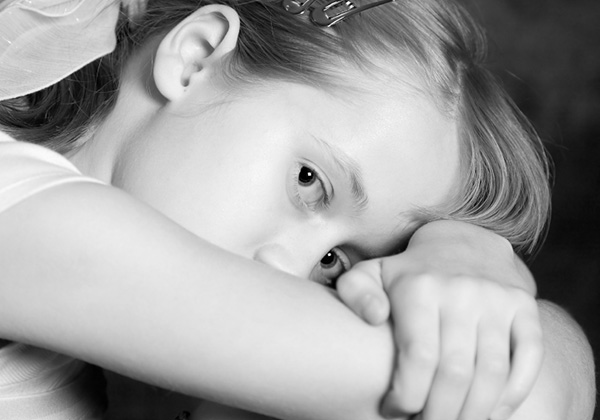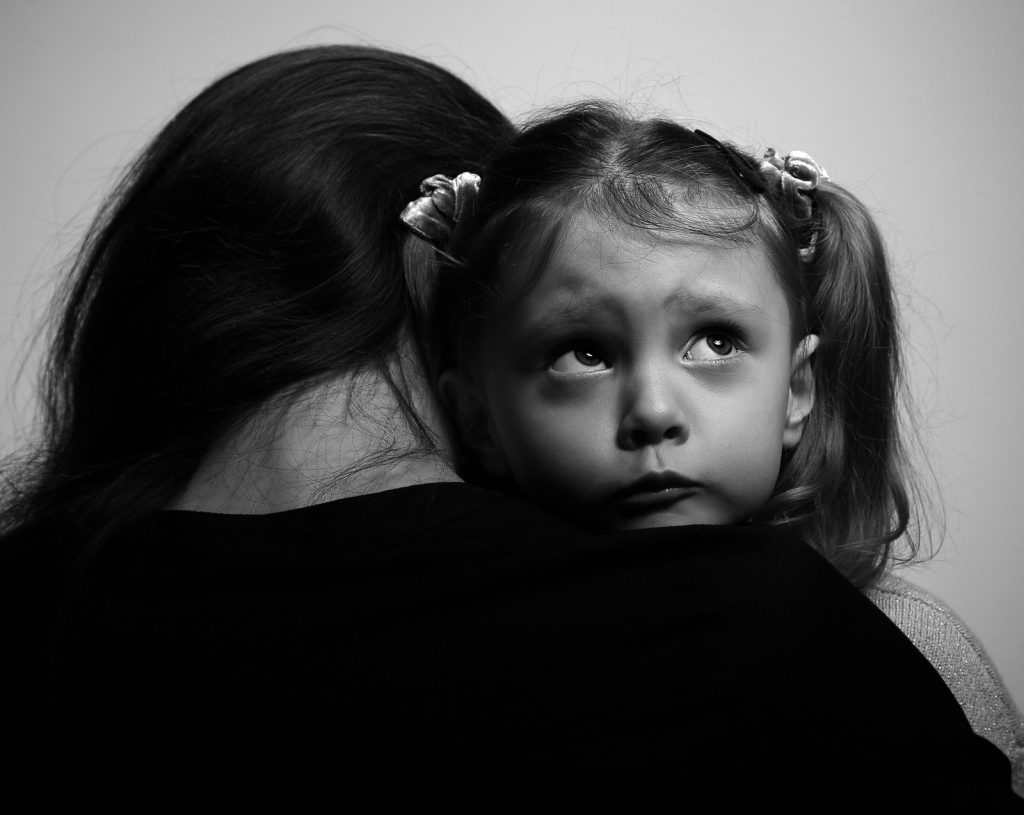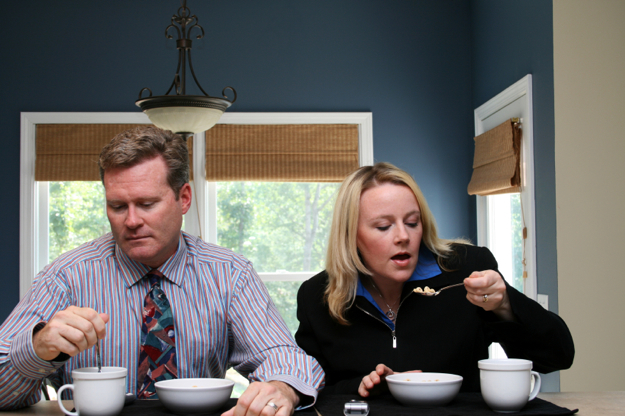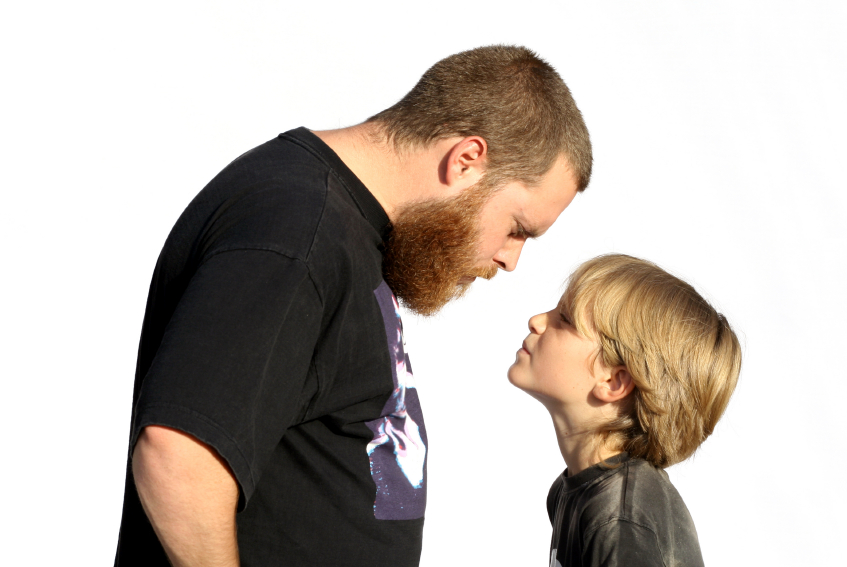Identity, Sexuality, and Society’s Assault on the Self: A Commentary on John Irving’s Novel, In One Person
…so much about “deviant” sexuality, — bi-sexuals, gays, lesbians, and transgender men and women. What strikes me is that they don’t take issue with Irving’s characters who never or rarely have sex, for example Garp’s mother, Jenny, in The World According to Garp and Dr. Larch in The Cider House Rules. What does this say about our society? Is the asexual or nonsexual person the new norm? On another level, Irving’s novel exposes a common human faili…
Learn More







